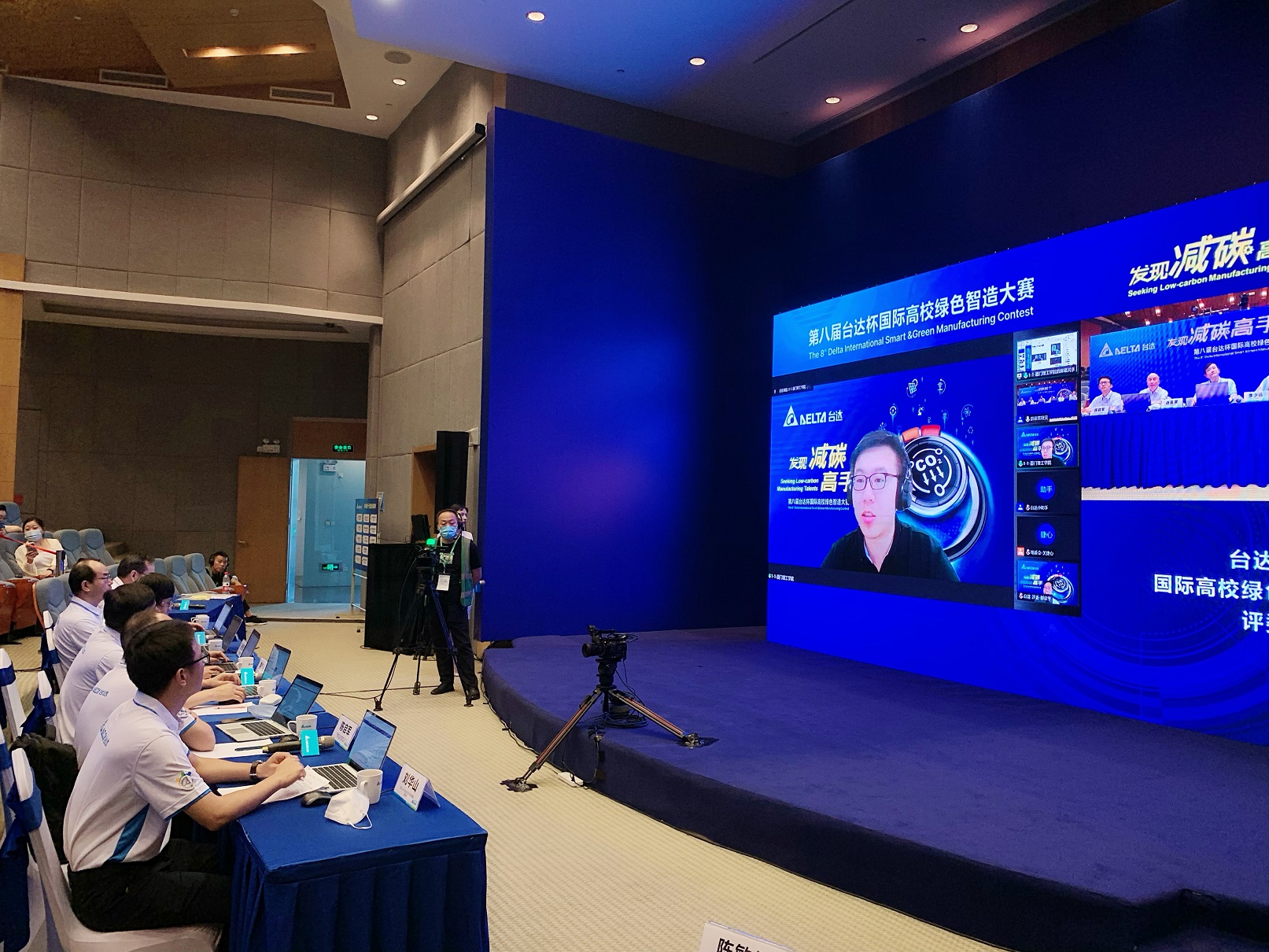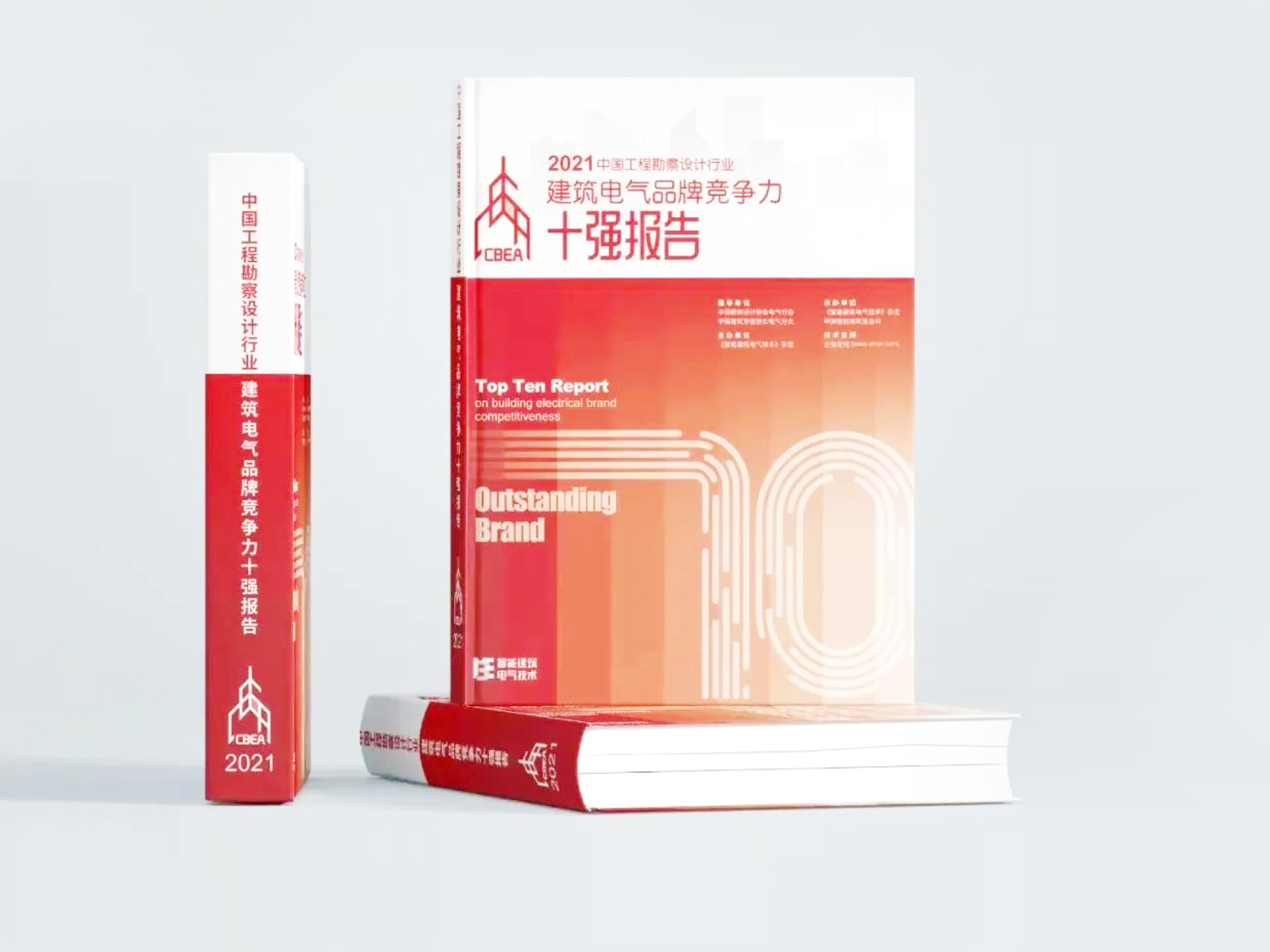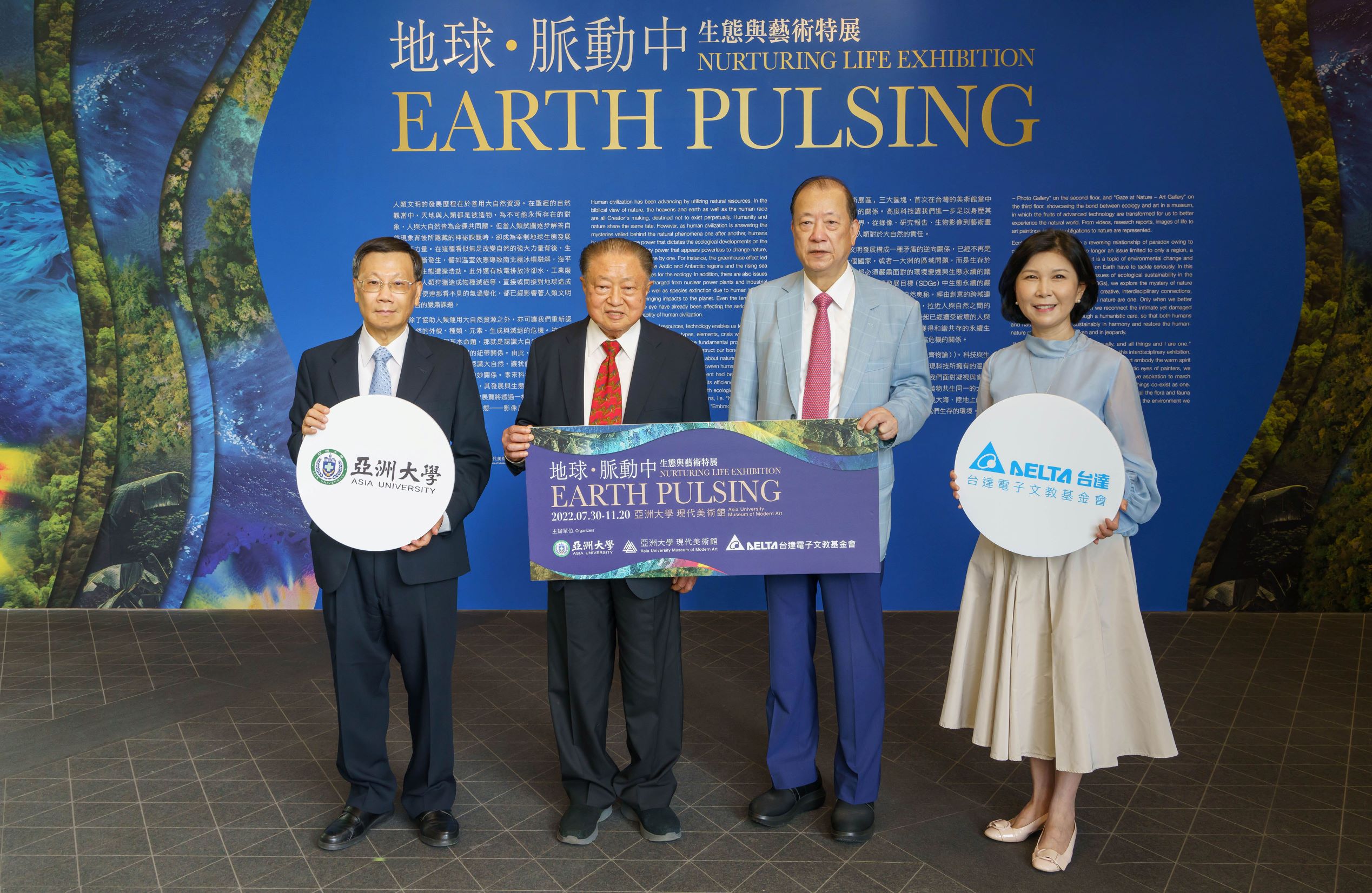Delta actively responds to the dual carbon targets, training talents for green and smart manufacturing. From August 6 through 7, 2022, finals of “The 8th Delta International Smart & Green Manufacturing Contest, Seeking Low-carbon Manufacturing Talents” was held online, and 107 teams from universities at home and abroad (including three teams from Thailand, two from India, and one from Vietnam) competed in the final stage to win the title of “Low-carbon Manufacturing Talents.”
The eighth Delta Cup's participants have maintained the high quality of this contest over the years. Some participants incorporated energy-efficiency elements into production equipment control solutions, with the actual application scenarios considered for the design, while others came up with smart works using networking or data acquisition and analysis technology to incorporate the concepts of high efficiency and low energy consumption in the works. There are other participants who created smart and healthy lifestyles that they longed for. They have completely demonstrated the purpose of Delta Cup to enhance students' hands-on experience and improve their innovative thinking and practical abilities. A total of 107 teams out of 973 teams from 328 colleges and universities at home and abroad entered the finals, hitting a record high.

Finals of “The 8th Delta International Smart & Green Manufacturing Contest,” was held online.
After fierce competition, Lanzhou University of Technology's Team Dream and Mahidol University's Team Gaia stood out from the competition and were awarded the Grand Prizes. Team Dream 's “Double-Carbon Pioneer, a multi-mode interconnected color-tunable energy-efficient street light on the basis of composite location” controls the trajectory of solar panels using Delta's PLC to ensure that the output power of the solar panel corresponds to the maximum value of the light. It is green and smart and reduces power consumption by as high as 60.9% compared with a high-pressure sodium lamp, underscoring the theme of energy efficiency and carbon reduction. Team Gaia's “Carbon Polymerizing System” focuses on plastic reduction. It is a system that uses bacteria to efficiently convert carbon dioxide into biodegradable polymer (PHB); for every kilogram of PHB generated, about 2.05 kilogram of carbon dioxide will be reduced, making this system aligned with the concept of green carbon reduction.
Please visit the official website for a list of winning teams: https://www.delta-china.com.cn/event/deltacup/2022/winnerslist.asp















